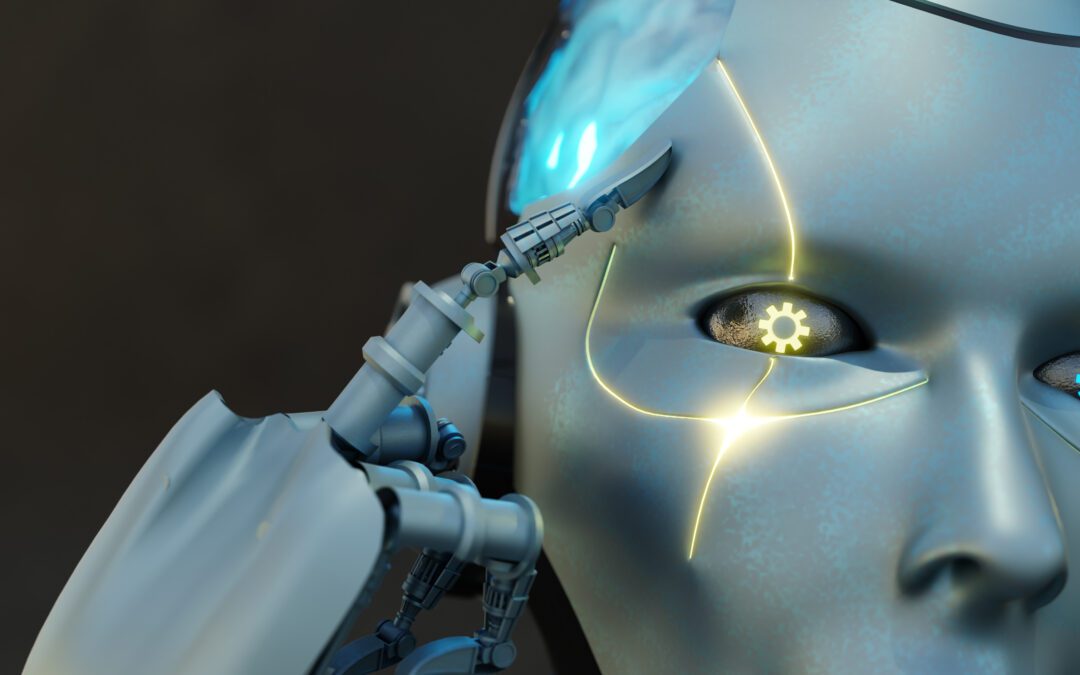In the fast-paced world of technology, one of the most promising innovations we’re witnessing is the emergence of Generative Artificial Intelligence, commonly known as GenAI. In this article, we’ll explore how the application of these strategies in Artificial Intelligence promises to radically change the way we work, benefiting employees in multiple aspects.
What is GenAI?
GenAI is a branch of Artificial Intelligence inspired by the principles of genetics and evolution to solve problems and enhance processes. It employs genetic algorithms that mimic the process of natural selection and evolution to find optimal solutions within a vast search space. This means that Generative Artificial Intelligence (GenAI) can optimize a wide range of tasks and processes through iterative improvement of solutions over time.
AI vs. GenAI: Unleashing Creativity
The main distinction lies in the focus on creativity and the production of original content. While AI concentrates on specific tasks such as voice recognition, natural language processing, or decision-making, GenAI is geared towards creating new data that didn’t exist previously.
GenAI is poised to revolutionize the way we work. By automating tasks, enhancing decision-making, and personalizing the work experience, this technology has the potential to make work more rewarding and efficient for employees. However, it’s crucial to address ethical and privacy concerns to ensure that Generative Artificial Intelligence (GenAI) benefits everyone fairly and equitably.
Finally, as this technology continues to advance, we must be prepared for a future workforce driven by GenAI, where collaboration between humans and machines reaches new heights in productivity and job satisfaction.
Examples of GenAI Applications:
- New search engine architectures
- Explaining complex algorithms
- Creating personalized therapy bots
- Assisting in building applications from scratch
- Explaining scientific concepts
- Writing recipes, etc.
Yet, their impact extends beyond the creative realm. Generative Artificial Intelligence (GenAI) models exhibit transformative capabilities in complex fields, such as computer engineering. For instance, Microsoft’s GitHub Copilot suggests code and assists developers in automatically completing their programming tasks. GenAI brings a multitude of benefits to companies and their collaborators.
Benefits for the Worker:
Benefits of Generative Artificial Intelligence (GenAI)
- Automation of Repetitive Tasks:
- Frees employees from monotonous work, allowing focus on more creative tasks, increasing job satisfaction.
- Smart Decision-Making:
- Assists workers in making informed decisions by providing recommendations based on precise and real-time data.
- Improved Productivity:
- Drives workplace productivity by reducing errors and enhancing task efficiency.
- Personalization of the Work Experience:
- Tailors work environments and tools based on individual needs and preferences, enhancing comfort and performance.
- Continuous Professional Development:
- Identifies areas for improvement and offers personalized learning recommendations, enabling workers to stay updated in a constantly evolving work landscape.
Conclusion
In conclusion, the applications of Generative Artificial Intelligence (GenAI) are highly diverse, offering significant opportunities across various sectors. They can transform the customer experience, elevate the quality of services and products offered, and fuel creativity in businesses. As we continue to explore the possibilities of this technology, the future promises to be even more exciting.

